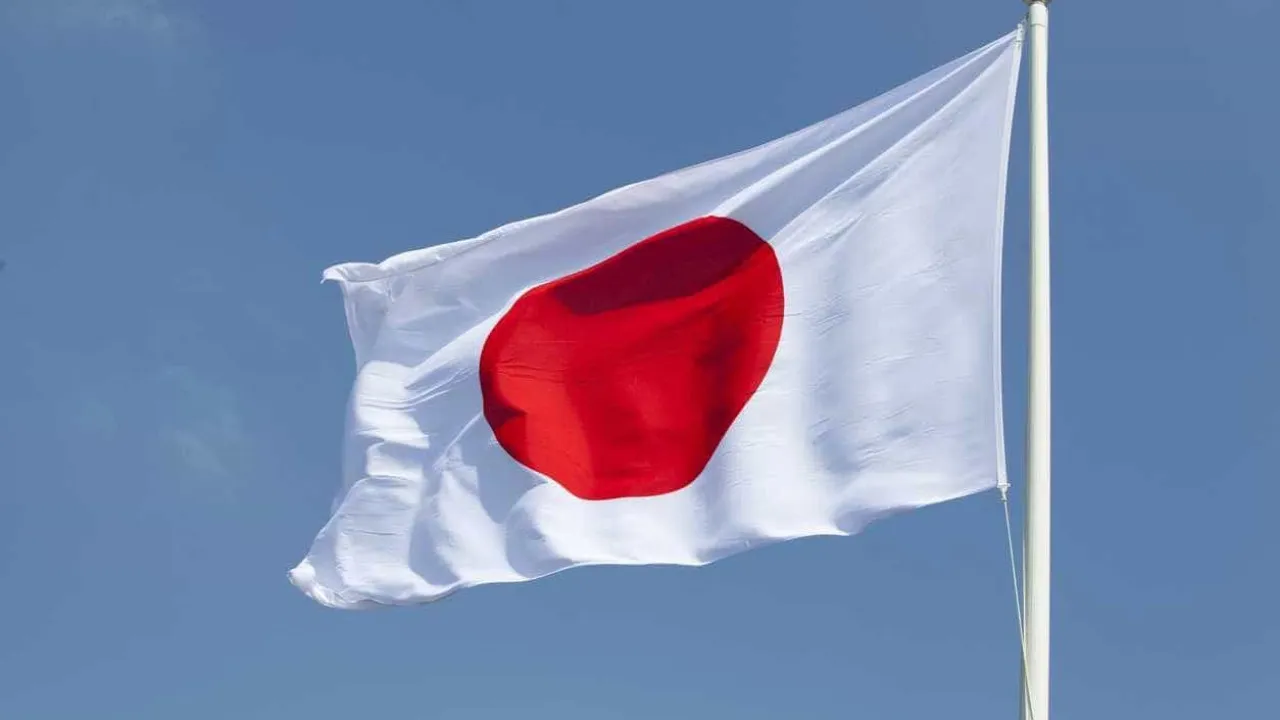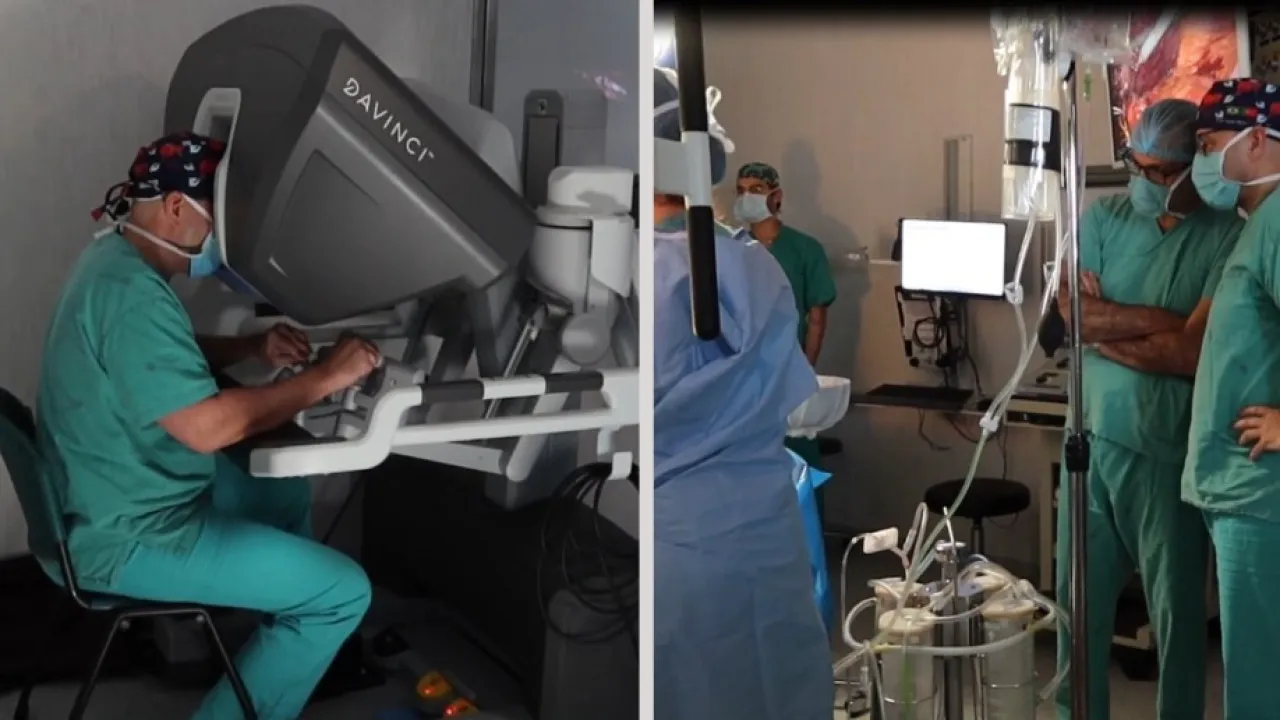
The Japanese government has enacted a historic increase in the minimum hourly wage, raising it by 63 yen (approximately 0.37 euros), bringing the minimum hourly wage to over 1,000 yen (5.85 euros).
With this increase, the national average hourly minimum wage is expected to exceed 1,000 yen, averaging 1,118 yen (6.54 euros), as reported by NHK, Japan’s public broadcaster.
The Council of the Ministry of Health, Labor, and Welfare of the Asian country set this target, marking the highest increase to date after discussions with worker and employer representatives, while considering persistent inflation and wage increase trends, though real wages have not yet achieved sustained price rise.
This marks the first time the council set an increase target above 60 yen (thirty cents).
Currently, in 31 of the 47 prefectures, the minimum wage is around 900 yen per hour (5.26 euros).
The unions and employers will now engage in discussions with labor departments in each prefecture to determine the final amount, which will then require approval.
This meeting was the first of the council since the central government set a target of increasing the minimum hourly wage to 1,500 yen (8.79 euros) by the 2020s.
Achieving this goal requires a minimum wage increase of at least 445 yen (2.60 euros) over five revisions, including the current one.




